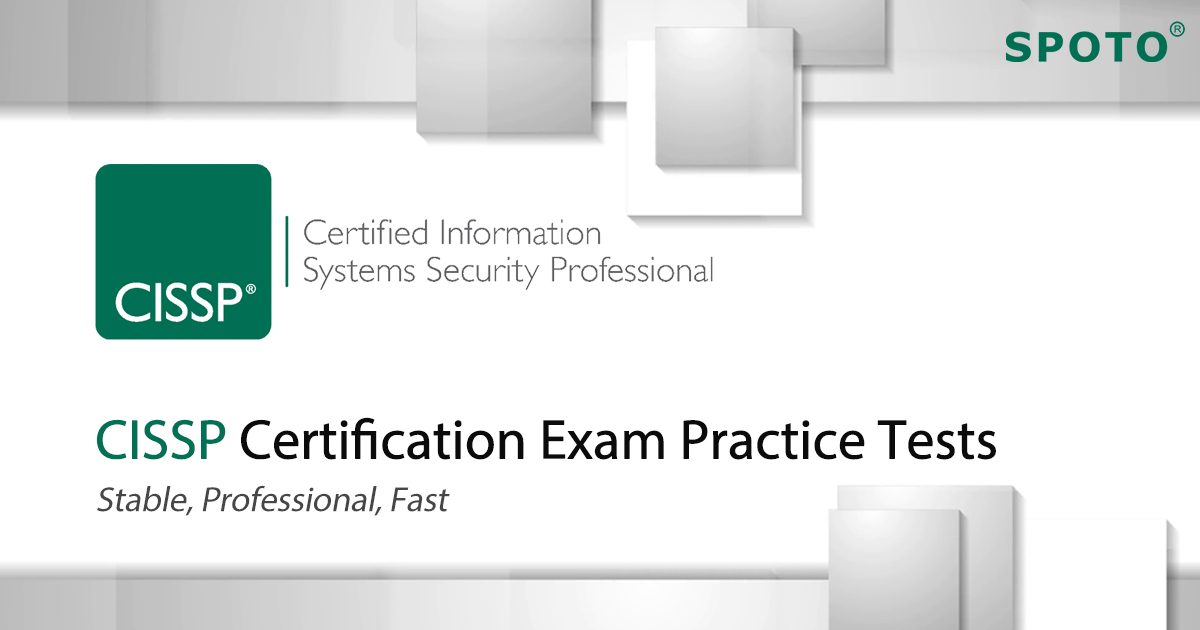The Certified Information Systems Security Professional or the CISSP certification, the gold standard certification which is created by The International Information Systems Security Certification Consortium [(ISC)2] is debatably the most demanded in the market. It is become established as the standard baseline for demonstrating knowledge and proving expertise in this field.
Compared with most other technical certification exams, the CISSP exam is going to be quite long. Passing the test would require you not only the prerequisite knowledge to answer the questions correctly, but also the stamina and mental fortitude to get through the six-hour, 250-question gruesome paper-based exam.
Hands-On Experience
One of the major requirements for being awarded the CISSP certification is a certain amount of time in the industry and hands-on experience. Firstly, you need to have three to four years of full-time work, depending on what your educational background. Even if it wasn’t a requirement, hands-on experience is a precious means of learning about computer security.
Note: If you don’t have three to four years of experience, that doesn’t mean you can’t appear in the CISSP exam. (ISC) 2 may allow those who have to pass the exam without meeting the experience requirements, but with the title of Associates of (ISC) 2, and then award they would award them the CISSP title after the requirement of experience has been met.
Begin Studying in Advance
The CISSP certification is going to demonstrate that you know a little bit about a lot of different information security topics. Even if you work in the information security industry, odds are that you wouldn’t be able to focus on all 10 core bodies of knowledge or CBKs or subject matter areas that are covered by the CISSP, on a day-to-day basis. You might be expert in one or two areas, and very familiar with a handful more, but there are probably at least one or two CBKs that you would almost have to teach yourself from scratch in order to pass the examination.
Don’t expect to start studying the week before your exam and think you can pick up enough about subjects that you’re not familiar with to pass. The scope of the information covered would be huge, which you’ll need to study and learn over a long period of time, so don't just expect to go for the cram the night before. I suggest that you should start studying at least three months before your exam date and draw up a schedule for yourself in order to ensure you dedicate at least an hour or two a day studying. It’s not unheard of for CISSP candidates in order to begin preparing about six to nine months out.
Use a Multiple Study Guide
There are a number of excellent books you could use to help you prepare for and pass the CISSP exam. Study guides and exam preparation books could be helping to boil down the mass amounts of information and assist you in keying in on the critical components you would need to remember to pass the exam.
The sheer volume of information which is going to cover in the exam makes it difficult, if not impossible to learn about everything in depth. Rather than trying to learn in a vacuum, so as to speak, and not knowing which components of a given subject area that are truly important, checking out some CISSP exam guides could help you out by providing you the key in on the specific information within the CBKs that matters most for passing the exam.
In order to clear this exam, you are going to need rigorous training, which would be provided by lots of online training providers. My recommendation would be to join the SPOTO CLUB Services.

 Join Telegram Study Group ▷
Join Telegram Study Group ▷













